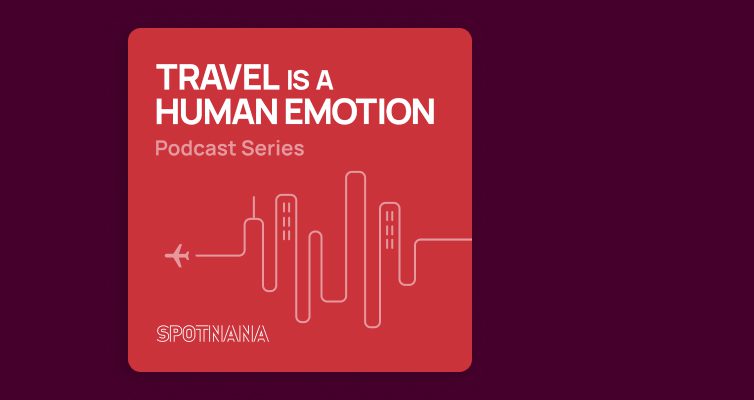The Case of the Missing Fares: Why You Need NDC-Enabled Travel Tech

Some airlines are removing fares and packages from traditional corporate travel channels in order to gain more control over the pricing and distribution of their services. Recently, American Airlines announced it will remove access to more than 40% of its fares for travel management companies not using NDC-enabled tech.
Missing airline content on corporate booking tools is a big deal for both business travelers and travel managers. It can be confusing for travelers who may not understand why certain flights or fares are no longer available through their booking tool or app.
For travel managers, this phenomenon makes it more important than ever before to partner with the right NDC-enabled tech platform for online booking. Using NDC-enabled tech, airlines can deliver relevant content to business travelers along with negotiated fares without an intermediary.
Why content goes missing
There are a few reasons why airline content may be removed from a corporate booking tool.
First, airlines routinely renegotiate their commercial partnerships with Global Distribution Systems (GDSs). If an agreement isn’t reached before an existing agreement expires, an airline’s content may not be available for some time.
While distribution costs have fallen for airlines compared to the 1990s, when they reached historic highs, the true impact of distribution costs is more complex. Now, airlines are starting to offer content exclusively through NDC integrations.
The International Air Transport Association’s (IATA) New Distribution Capability (NDC) standard was developed to enable booking tools and travel management companies to access content directly without going through a GDS. Some airlines offer content exclusively through NDC because the standard provides more flexibility over how fares are priced and packaged.
This has led numerous airlines to implement surcharges for GDS-sourced bookings that aren’t made using the NDC standard, increasing costs for travel agencies selling flights that originate through EDIFACT-based GDS channels. While this may make flight pricing uncompetitive if agencies pass along the cost to travelers, it allows airlines to prioritize direct bookings and NDC-enabled third-parties.
GDSs offer their own NDC-connected products, as well, although they may not be active on a company’s online booking tool and may induce additional booking fees. Airlines have strong relationships with the GDSs, which are undergoing a transition alongside modern distribution technology.
The adoption of NDC content, however, has been limited due to traditional post-ticketing systems. If an NDC ticket is still managed using traditional systems, agencies and travelers don’t necessarily receive the benefits of streamlined post-ticketing modifications and self-service changes for travelers. Modern travel technology platforms use the latest NDC API to bring these features to users.
Strategically, airlines are looking to gain more control over the pricing and distribution of their services, opting for direct connections with travel platforms over legacy systems. Modern solutions allow airlines to have greater control over airfare pricing, as well as access to passengers’ purchase history information that can be used for personalized offers and marketing purposes.
How missing content affects travelers
Missing content drives travelers to book outside their corporate-approved booking tool, which reduces policy compliance, cost savings, and traveler satisfaction.
When airlines have a direct relationship with corporate customers, their ability to offer bundles, packages, and ancillaries is more robust. They can potentially identify specific travelers by their airline loyalty numbers or company ID in order to deliver fares and amenities in a way they can’t using legacy technology, as well. This benefits business travelers, who in turn have access to better deals and more options.
Travel managers are affected as well. Without access to preferred carriers or robust content through a booking tool, travelers may book outside of policy and may not receive negotiated discounts and amenities. This leads to higher costs and an overall decline in the quality of service for travelers.
By using an NDC-enabled booking tool, travel managers can ensure that travelers receive access to the widest-array of fares and flight options directly from airlines while including all available options from GDSs and aggregators.
Finding the best content
The decision by airlines to remove content is a complex issue. While it can be confusing for business travelers to see options disappear, companies can actually enhance their travelers’ options by using online booking tools that are NDC-enabled.
Travel managers should ensure that business travelers have access to a wide array of air inventory on their online booking tool and make sure they understand the implications of booking off platform in order to stay within policy guidelines.
NDC-enabled tech platforms can ensure that your travelers retain access to the widest array of flights at the best possible price alongside all available options through traditional channels.
Want to find out more about how a modern NDC-enabled corporate travel platform can transform your travel program? Get a demo of Spotnana.






